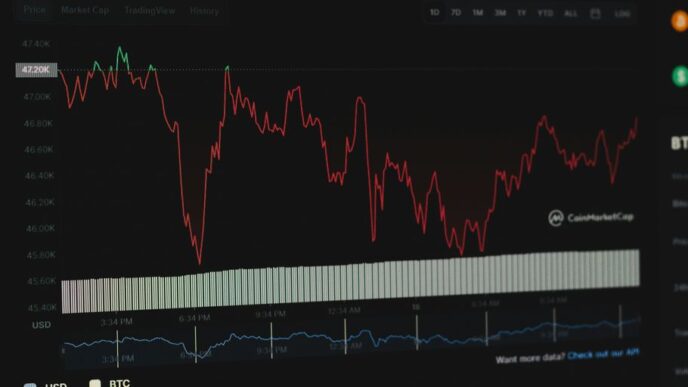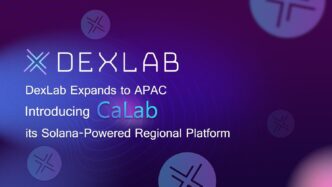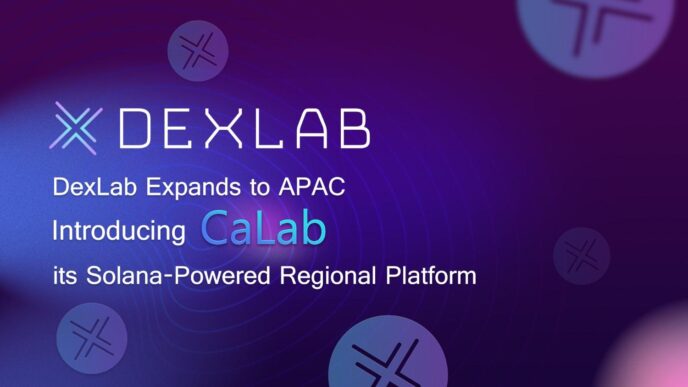Q: What can you tell us about your currency?
Zcoin aims to protect your financial privacy through the use of zero knowledge proofs
It is the first open source implementation of Zerocoin technology which grants financial anonymity to users. It does this by allowing you to burn coins and to redeem totally new ones with no transaction history which is superior to previous anonymization mechanisms.
We also are on track of being the first to implement MTP (merkle tree proof) Proof of Work by the first week of April. MTP allows us to have a very memory hard Proof of Work that can be verified very quickly. More on this in our answer later.
After this we would be looking into stealth addresses or payment codes and also the implementation of Znodes which are incentivized nodes which will provide services on top of Zcoin such as the efficient processing of Zerocoin transactions (https://zcoin.io/zcoin-development-update-znodes-and-scaling-zerocoin/).
We also have planned encrypted traffic between nodes and also inbuilt TOR/I2P support in clients to further add privacy protection to our coin.
Covered above.
Q: How does the competition compare?
Unlike other anonymity methods which involve mixing inputs or funds from other users, Zerocoin totally breaks the transaction links and from a single Zerocoin transaction gives a plausible deniability of several thousands which compares favorably to other anonymization mechanisms which typically give you an anonymity set of less than 10 per transaction (and in many cases by default no more than 5) when compared to Coinjoin or Cryptonote.
Unlike coinjoin and its variants, It doesn’t require a central server to process such mixing, does not require you to trust any third parties and does not require other users to provide liquidity for a mixing transaction. For example, in Dash which uses masternodes to process coinjoin, although there are mitigation mechanisms where several masternodes perform the mixing and hence no one masternode has a full picture, there is a potential issue when the majority of these masternodes are hosted in VPSes with US jurisdiction. If a government issues an order to monitor those VPSes in bulk (especially when the masternode IPs are known and public), these transactions can be potentially deanonymized. Dash also relies on other people wanting to mix and therefore if no one else is around to mix, your funds may take a long time to be anonymized.
Cryptonote as used in Monero is pretty neat and solid technology but its main weakness is its scalability. It uses a completely different codebase than Bitcoin and currently there is no effective way to prune the database without sacrificing security. Transactions are also pretty large especially with RingCT with each and every transaction taking up around 12kB in space. In comparison a typical Bitcoin transaction (and a normal Zcoin transaction) is about 250 bytes only.
While Zerocoin transactions do occupy more space (currently 25kB) , they are not going to be as frequent as regular transactions especially when you can anonymize a 100 coins in one transaction. Combined with the use of Znodes which stores these Zerocoin proofs outside the blockchain, Zcoin’s scalability path is much clearer. Zcoin, using Bitcoin’s codebase for its coin also can enjoy all the benefits of Bitcoin development such as pruning and segwit. Again our anonymity set per transaction is also many magnitudes higher than Cryptonote.
We are often confused with ZCash that uses the Zerocash protocol which is based of different cryptographic principles. Compared to the Zerocash protocol which uses zk-SNARKS which only Zcash uses, we use proven cryptography such as RSA which is used in many aspects of internet security such as HTTPS and SSH. Zcoin also features an auditable supply while Zcash’s supply cannot be audited. An auditable supply is important in zero knowledge constructs since a flaw in coding or cryptography could allow coins to be counterfeited. This is even more so when zero knowledge proofs require a trusted setup where you need to trust parties to destroy the initial parameters. In Zcoin, this can be detected since our total supply is still auditable while in Zcash, detecting such a flaw is problematic. If compromised, again counterfeit coins are possible. There is also promising academic development in moving to a trustless setup in Zerocoin. You can read more here: https://zcoin.io/zcoin-and-zcash/.
Further reading: https://zcoin.io/understanding-how-zerocoin-in-zcoin-works-and-how-it-compares-to-other-anonymity-solutions-part-1/.
Q: could you tell us more about your achievements in this?
It should be noted that here have been many attempts to implement Zerocoin before but they have all failed and currently, all coins using Zerocoin use code from our codebase.
We are also particularly interested in the application of Blockchain technology and zero knowledge proof technology in e-voting. There are existing solutions such as on Bitcoin to facilitate this and although they are tamper proof, they are not anonymous and you can see who you voted for. The use of Zerocoin technology can be applied which allows such voting systems to be anonymous while retaining all the benefits of preventing double-voting and being tamper-proof (http://hdl.handle.net/2433/217329).










